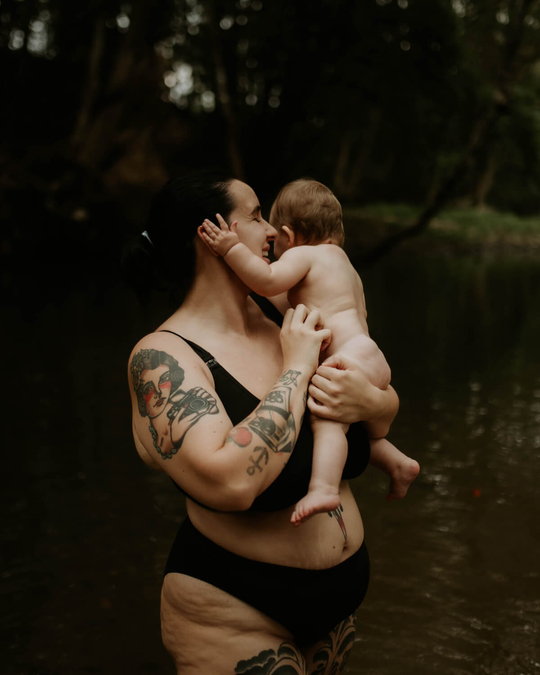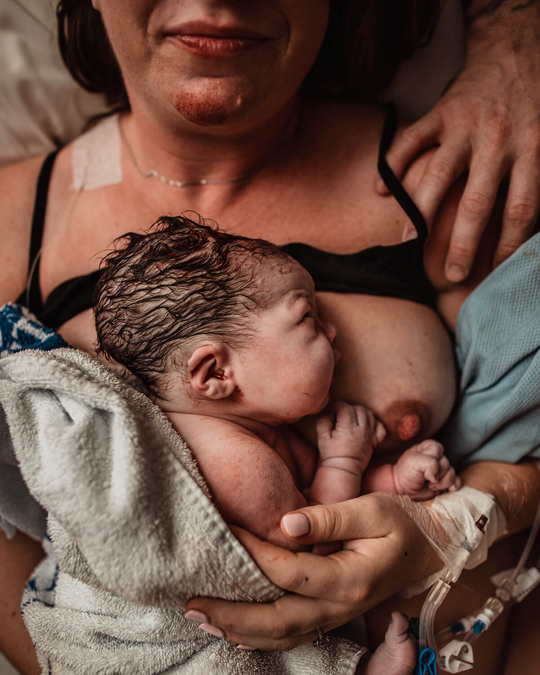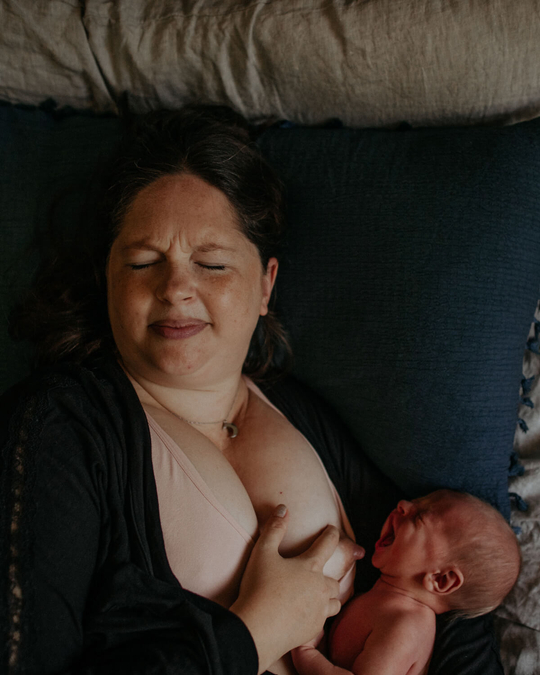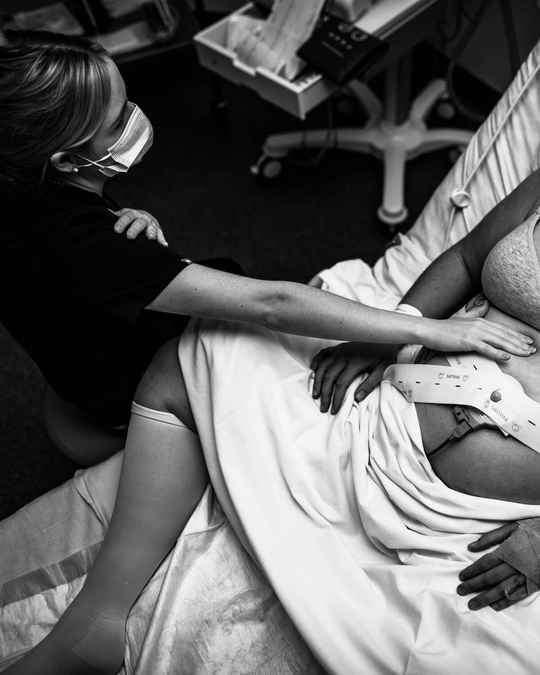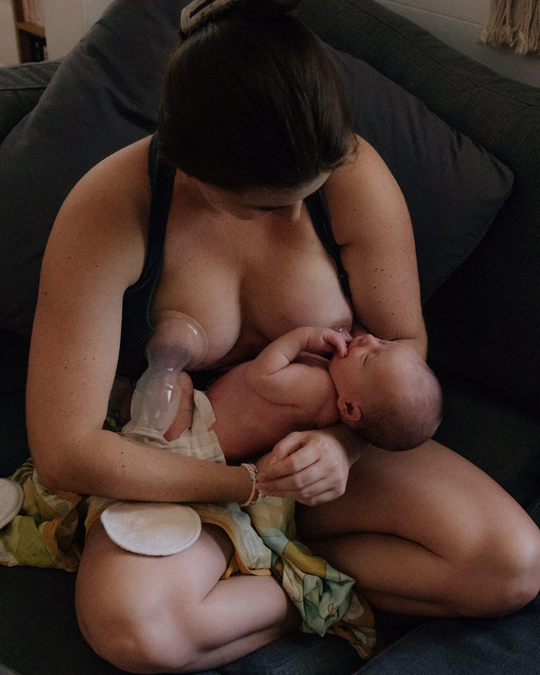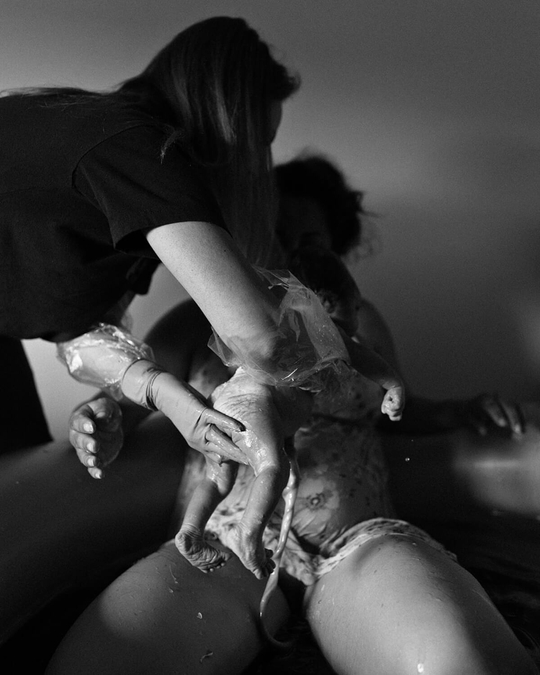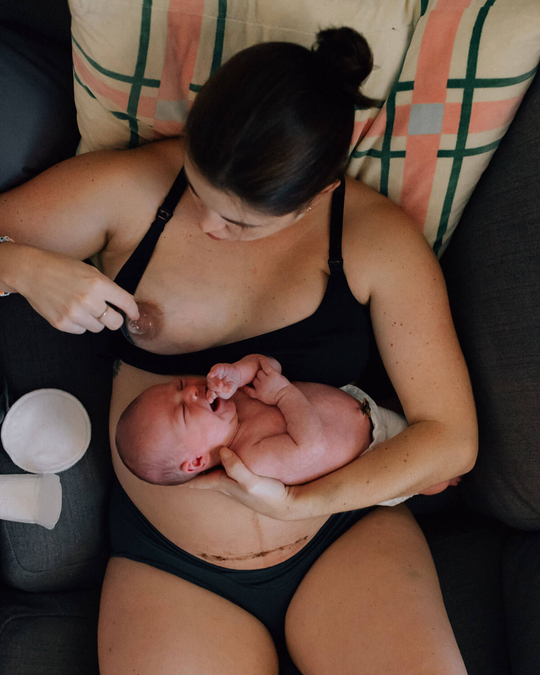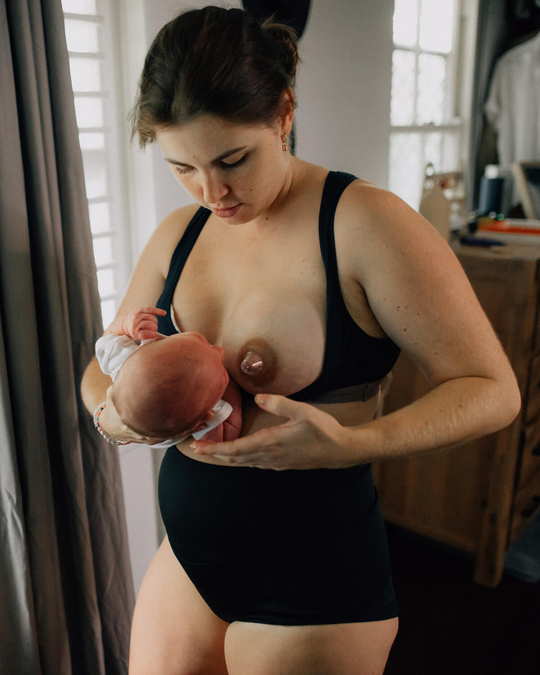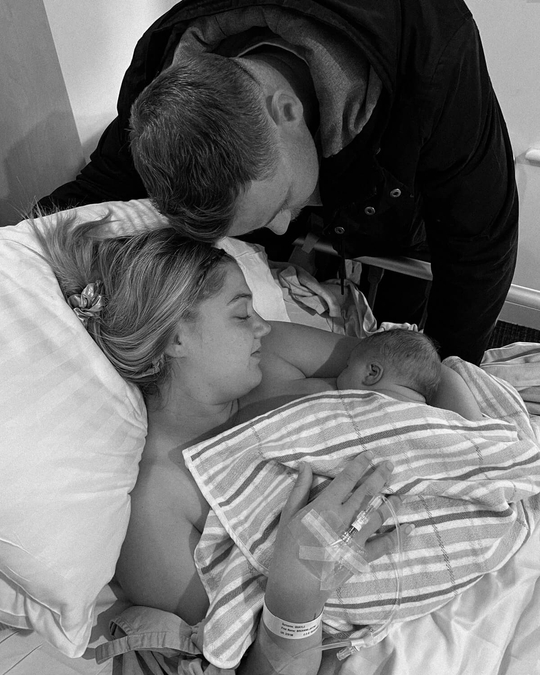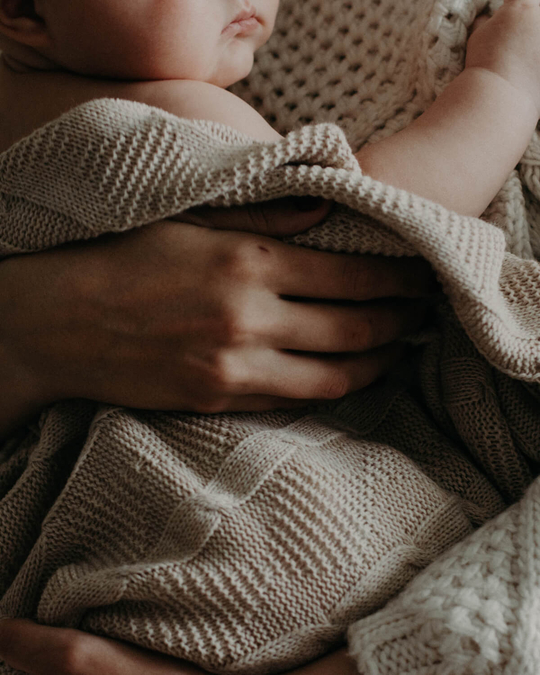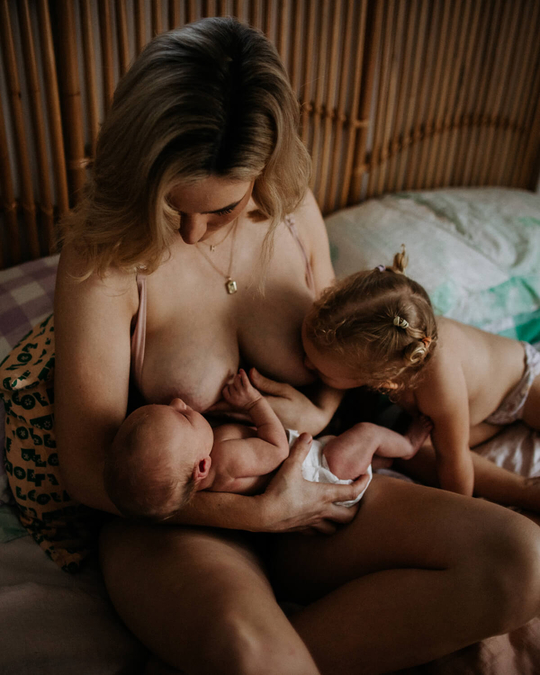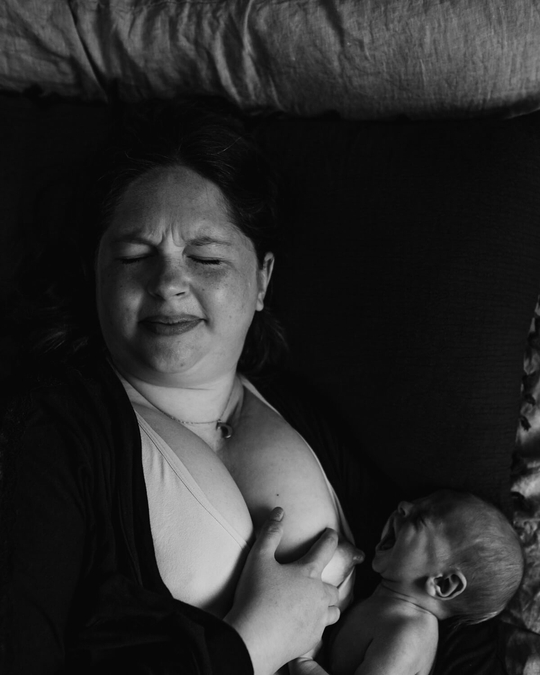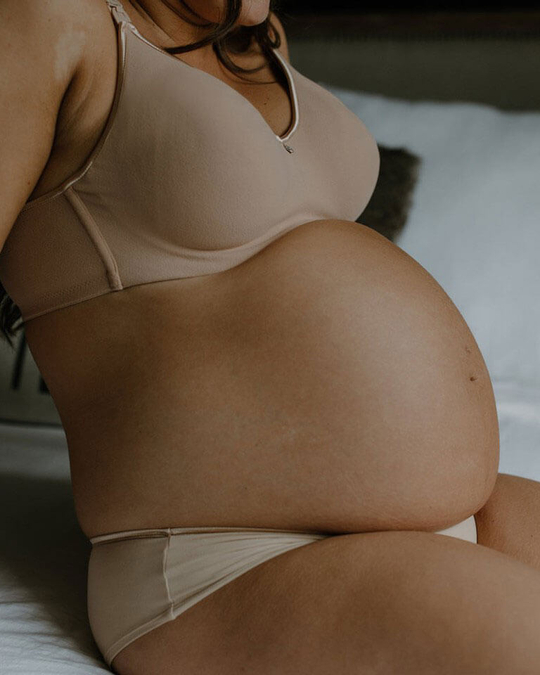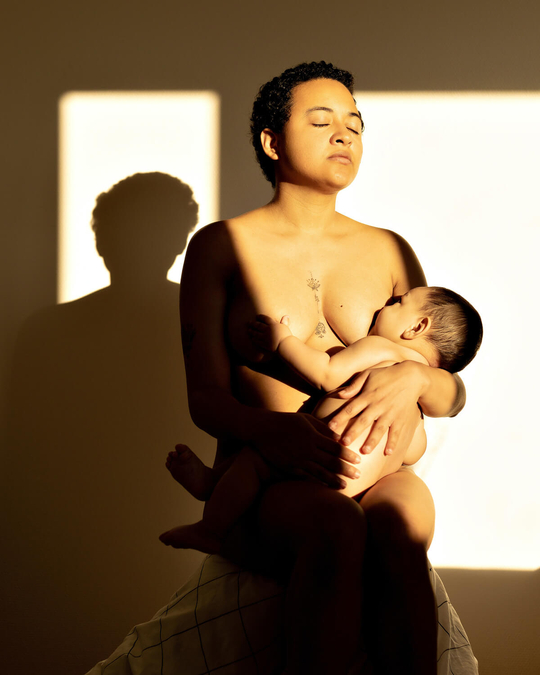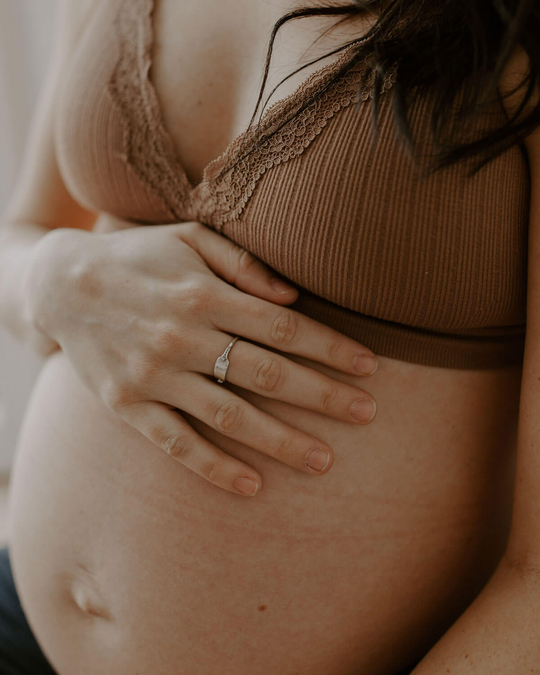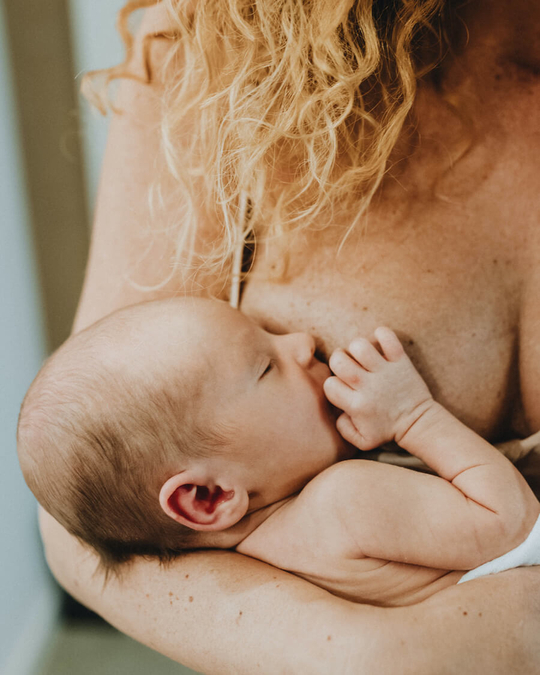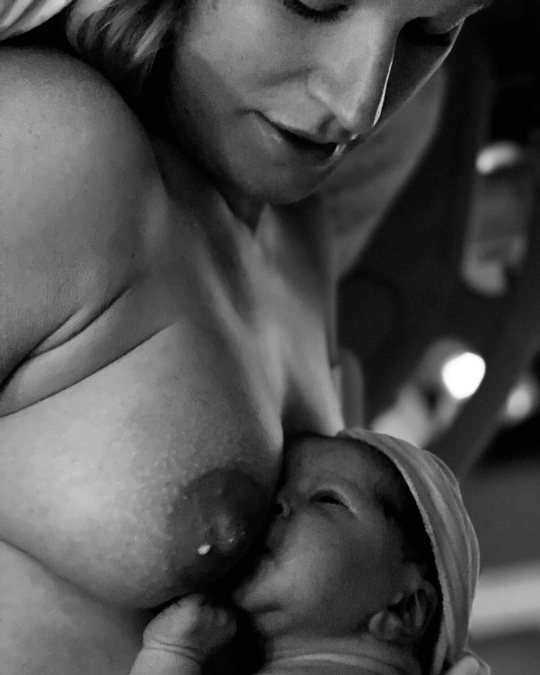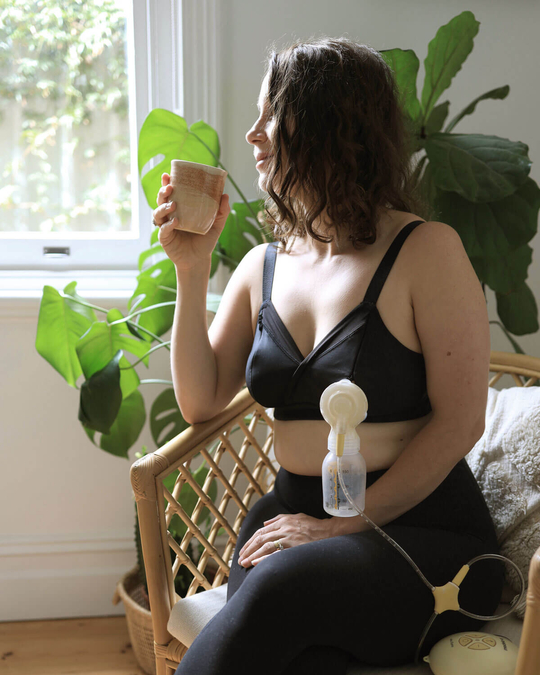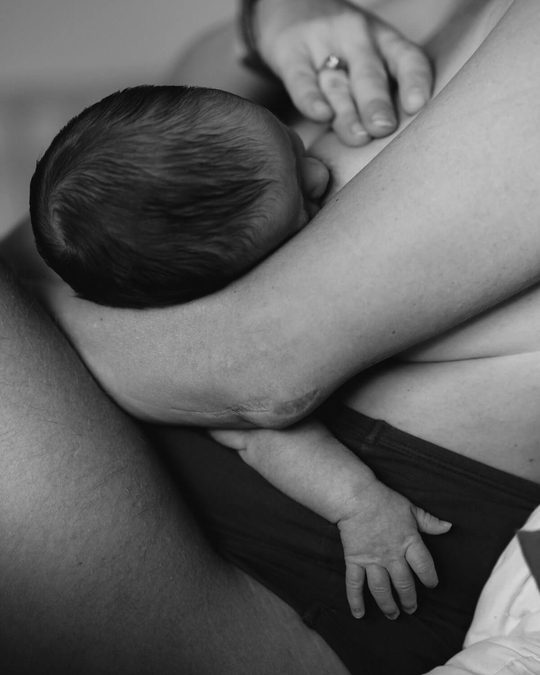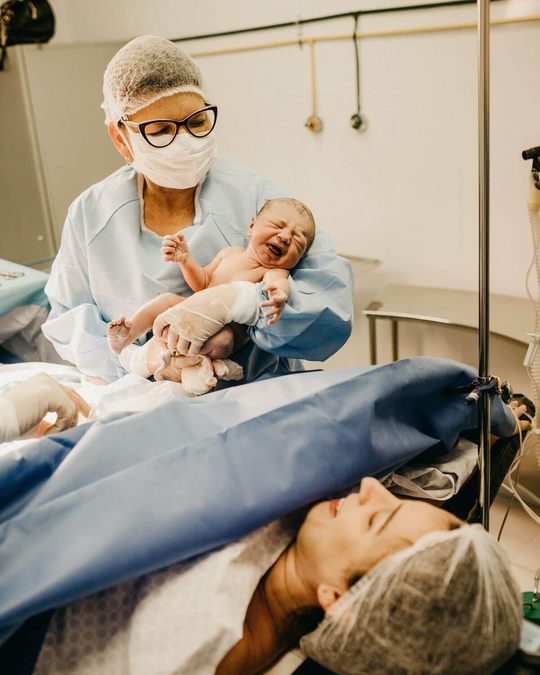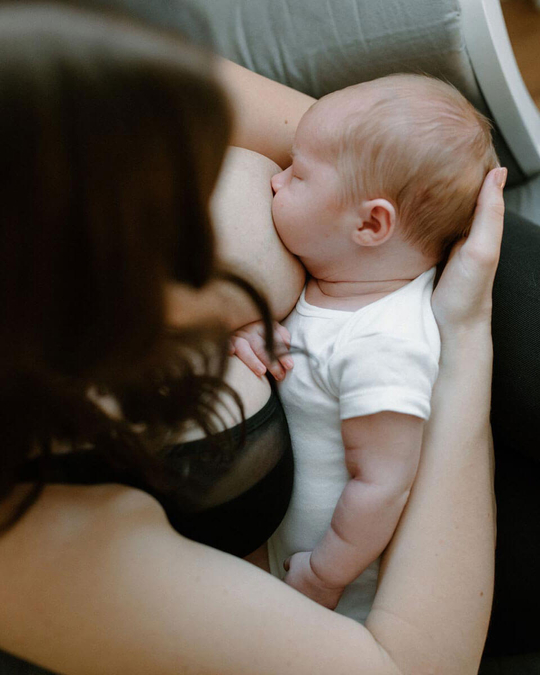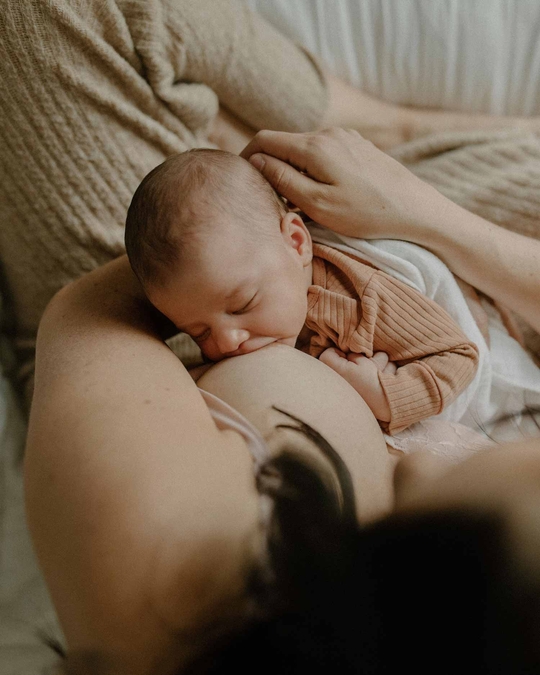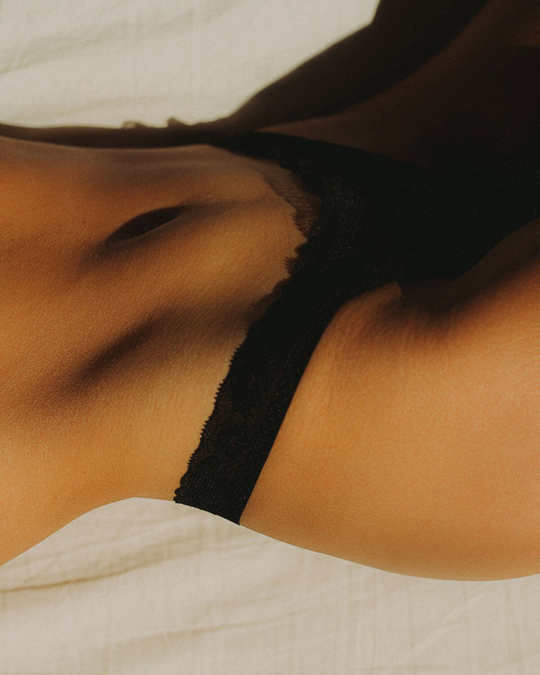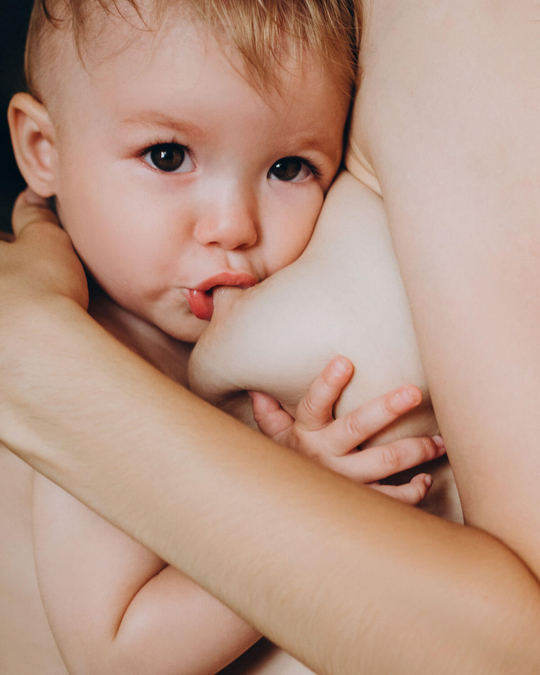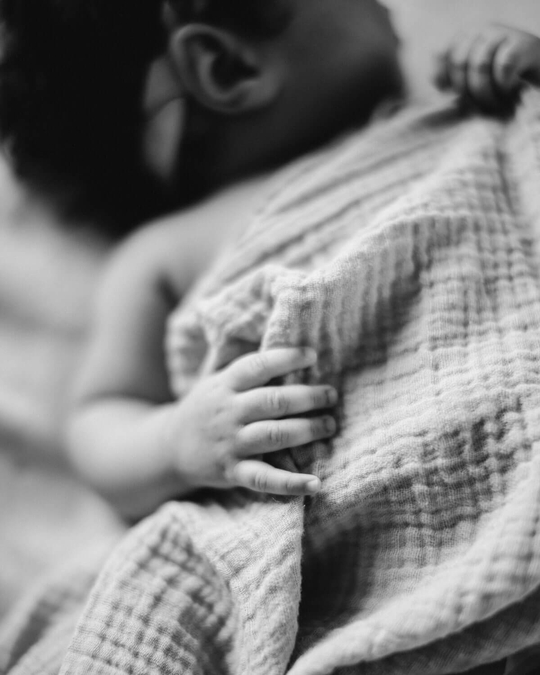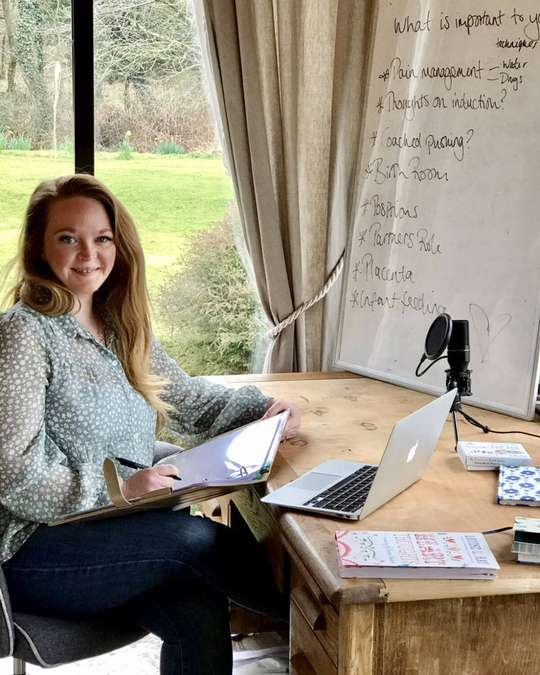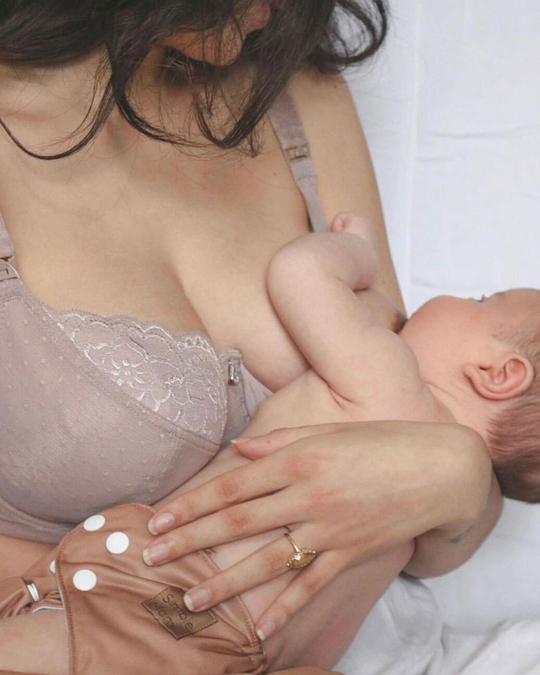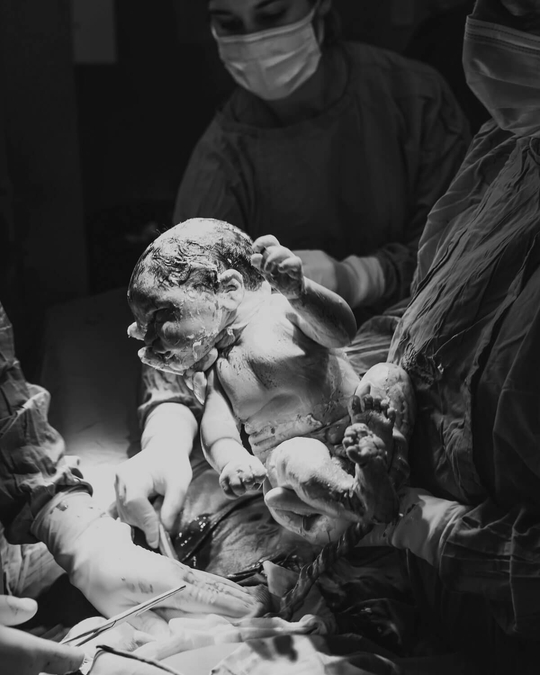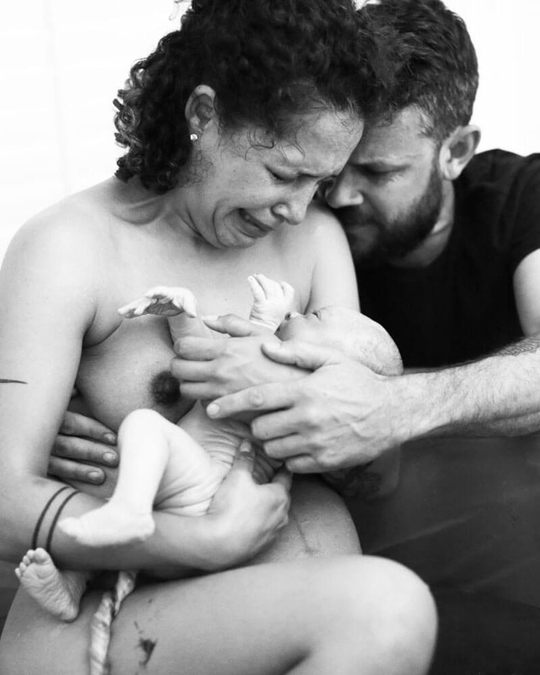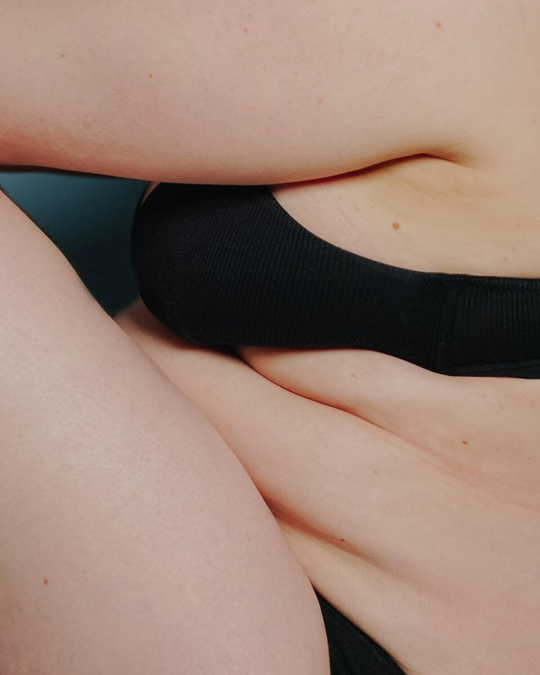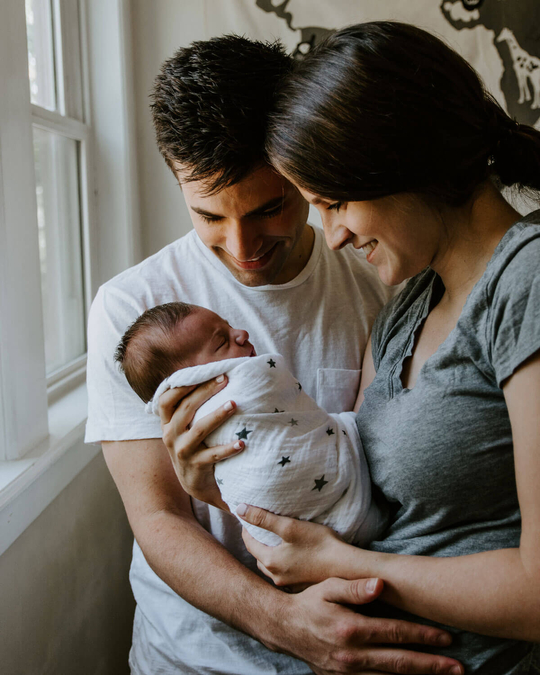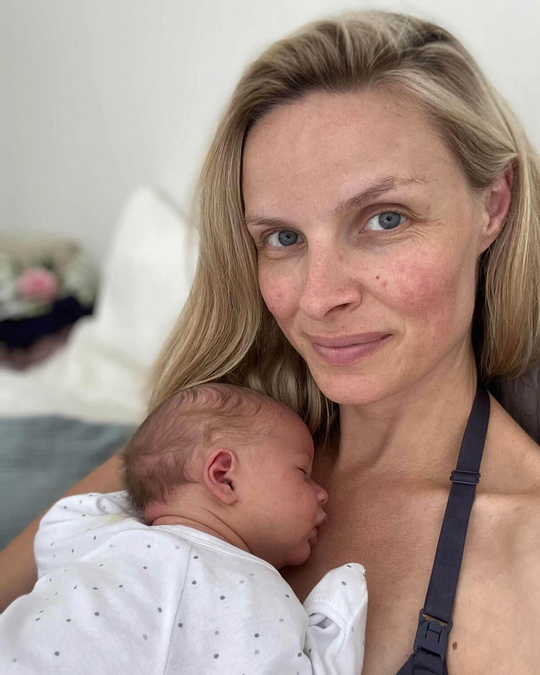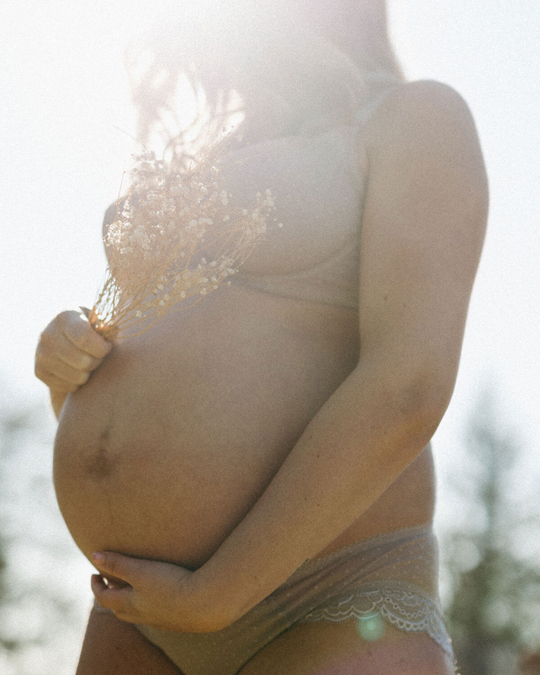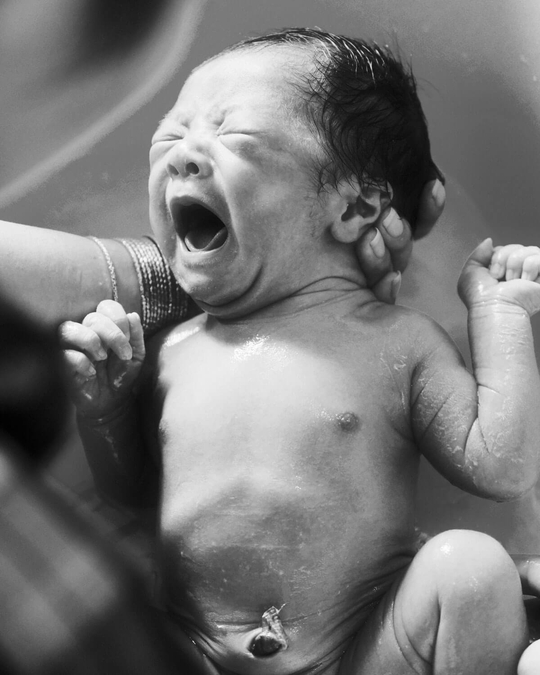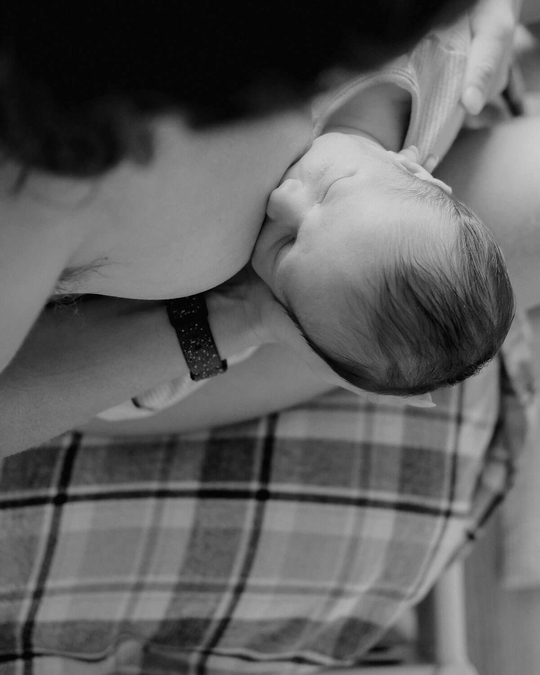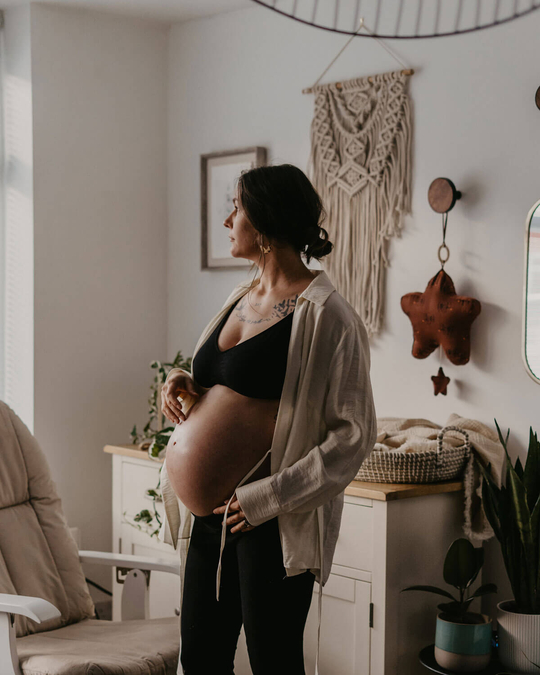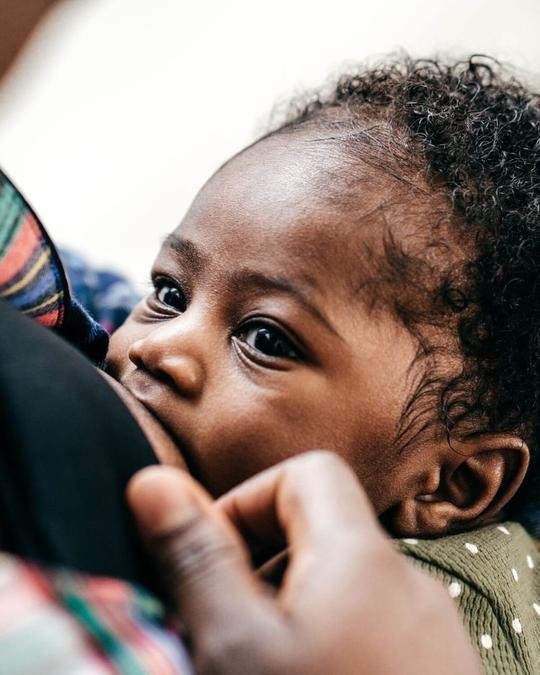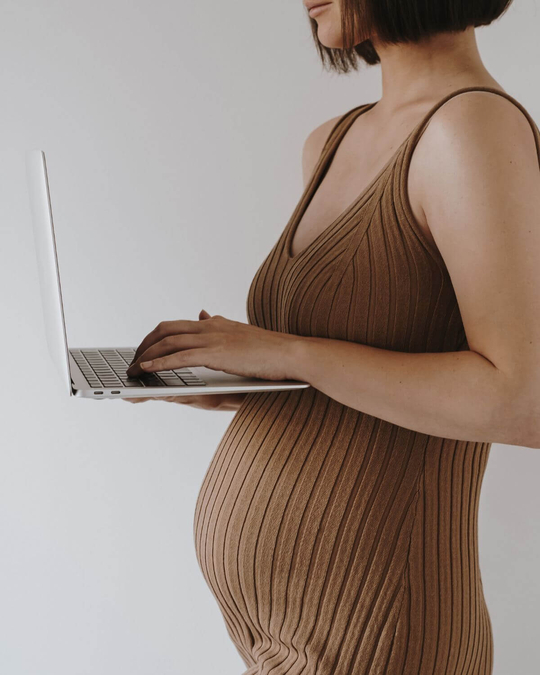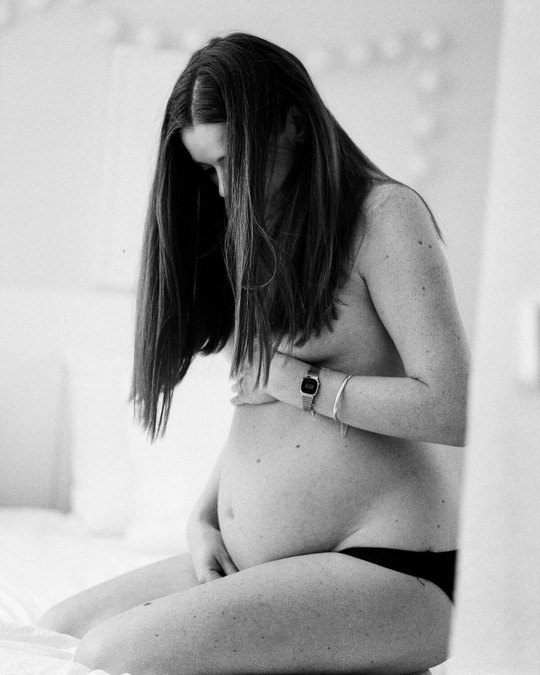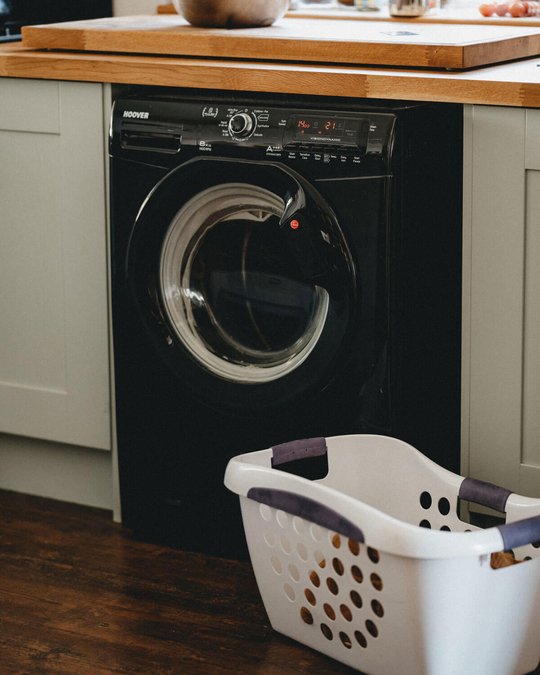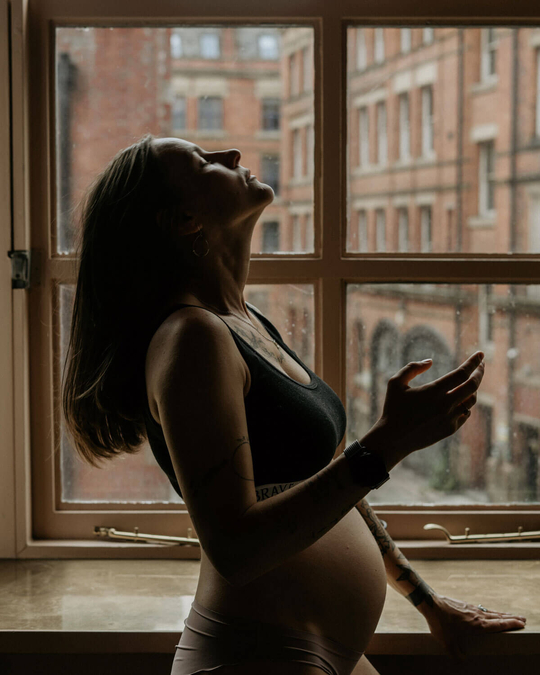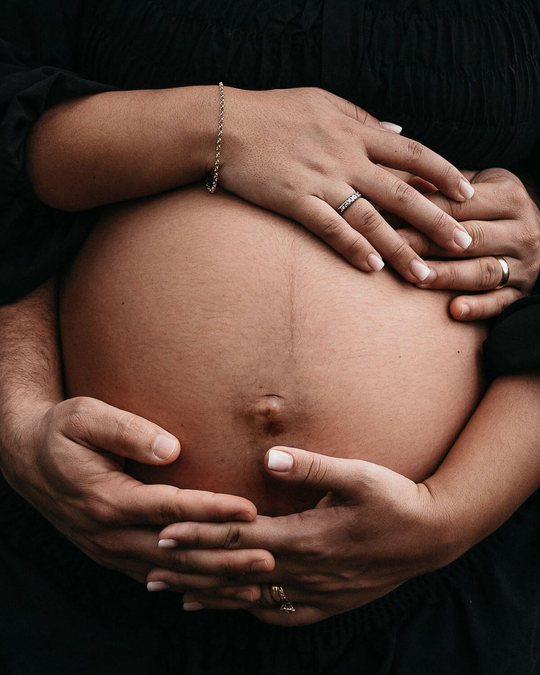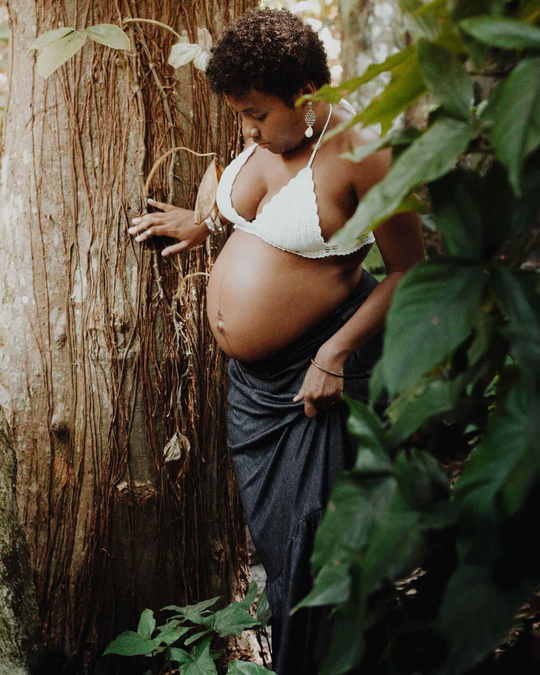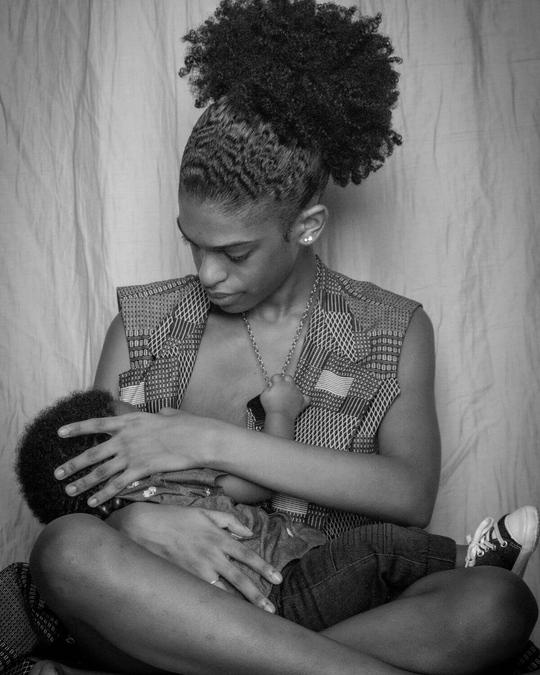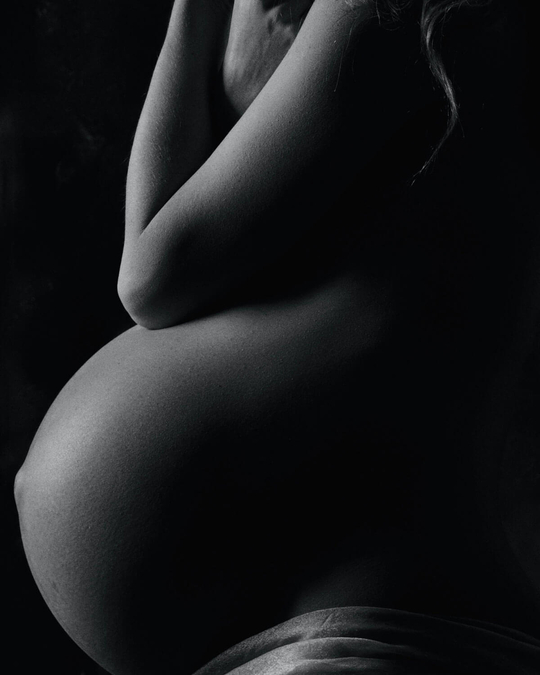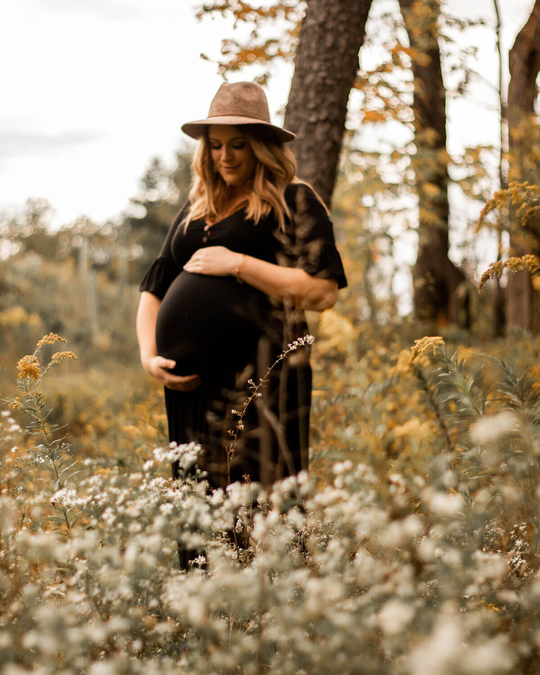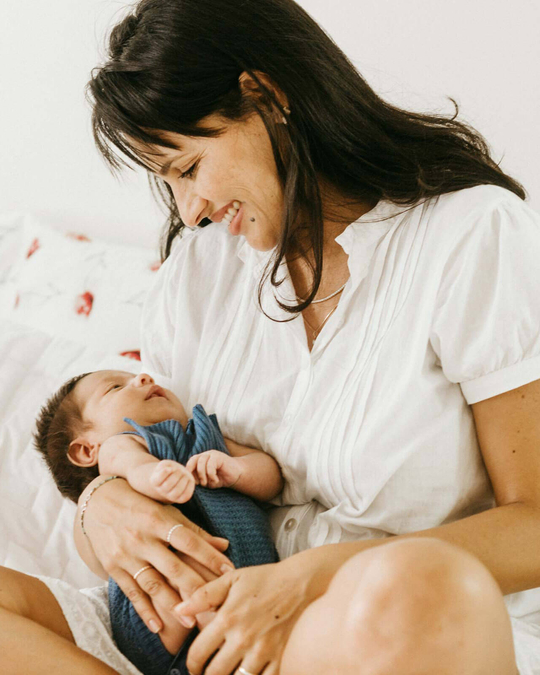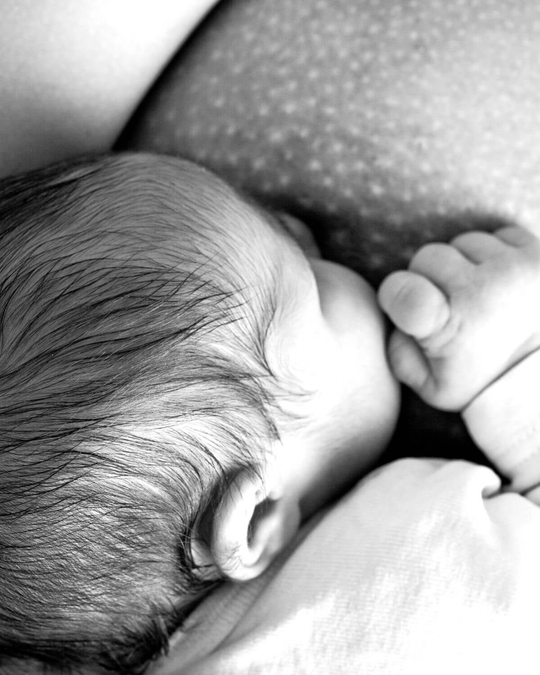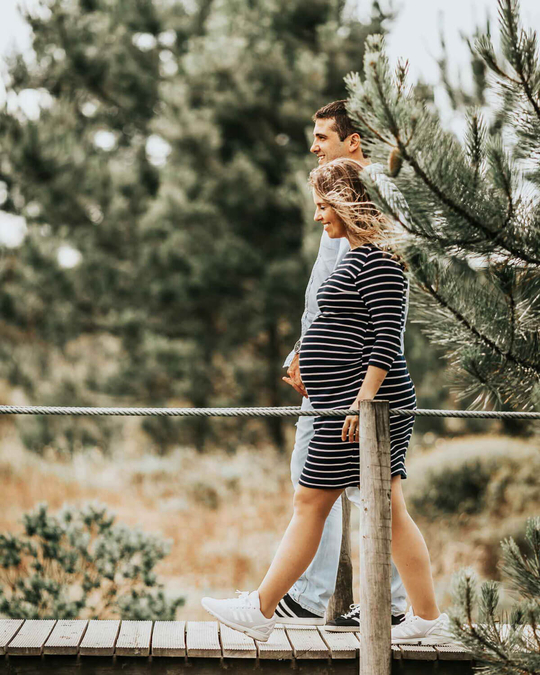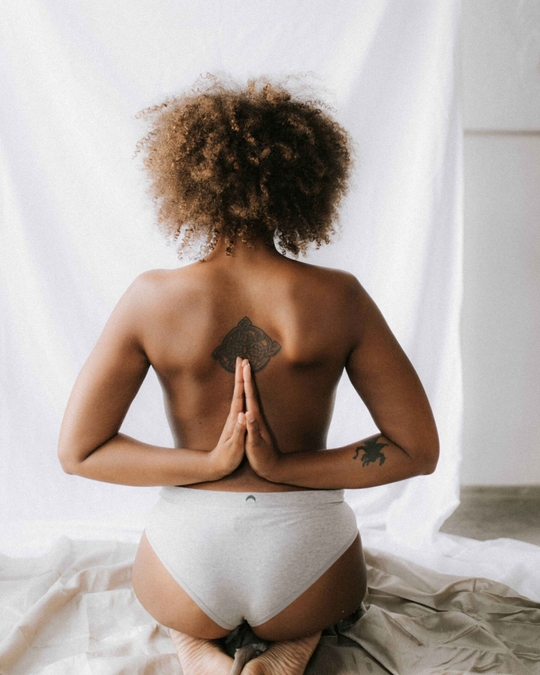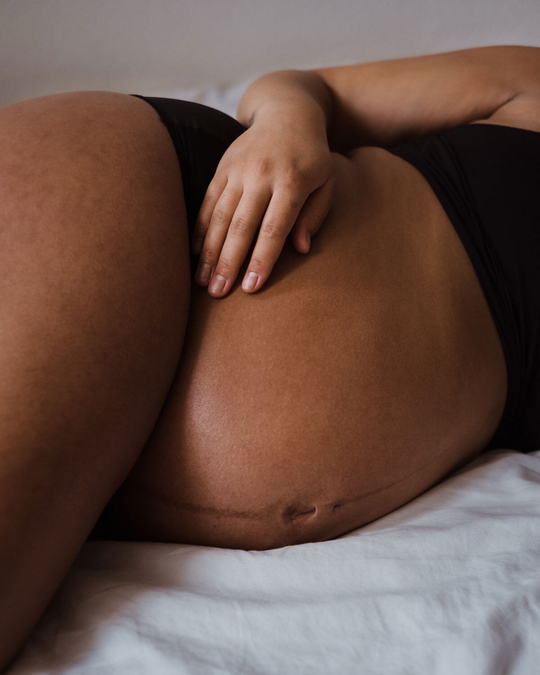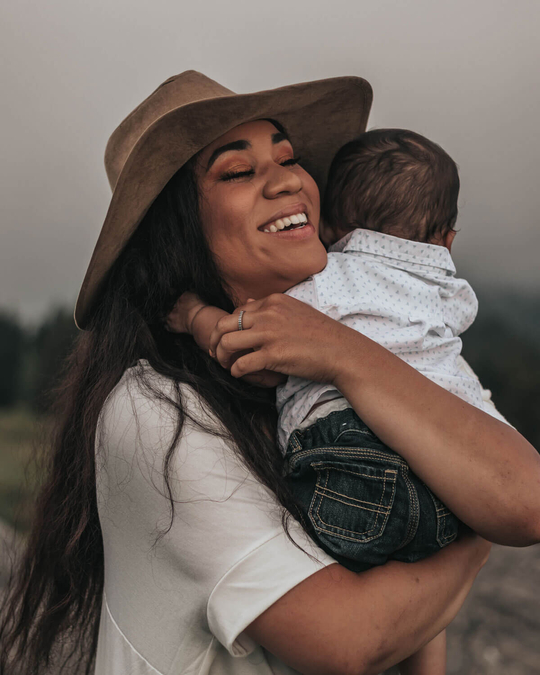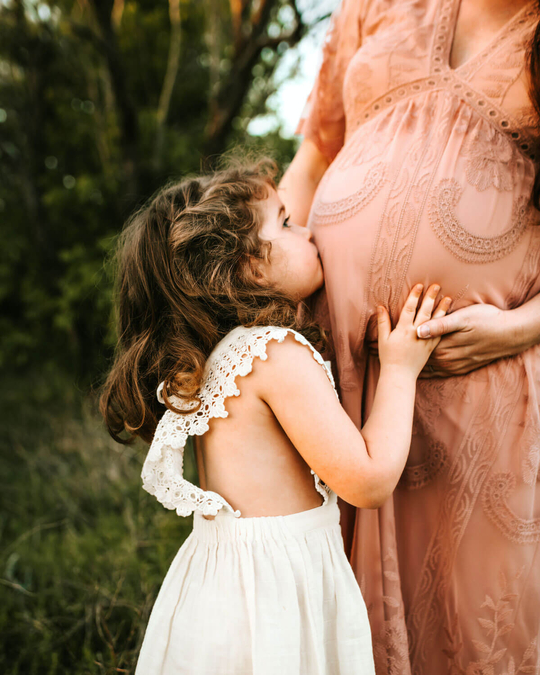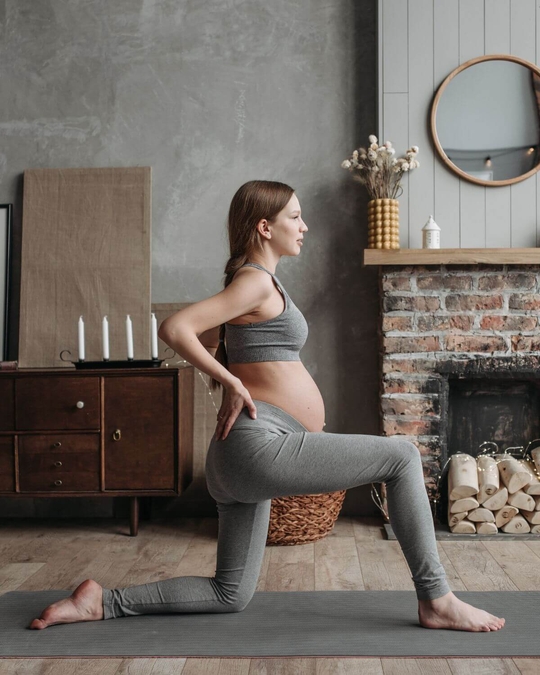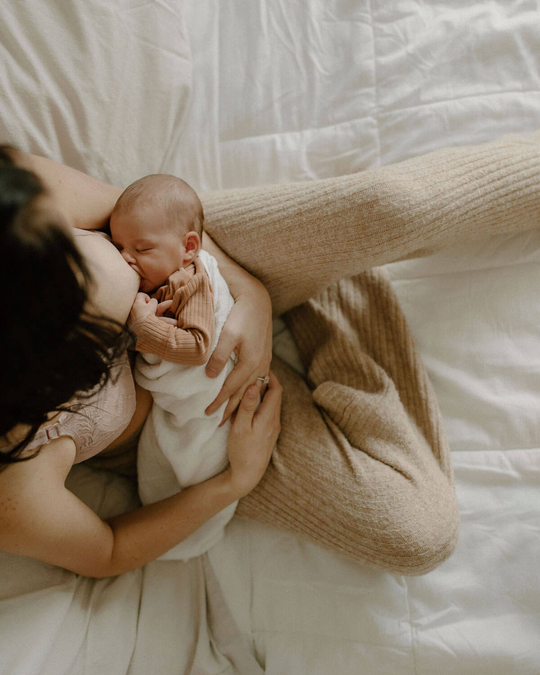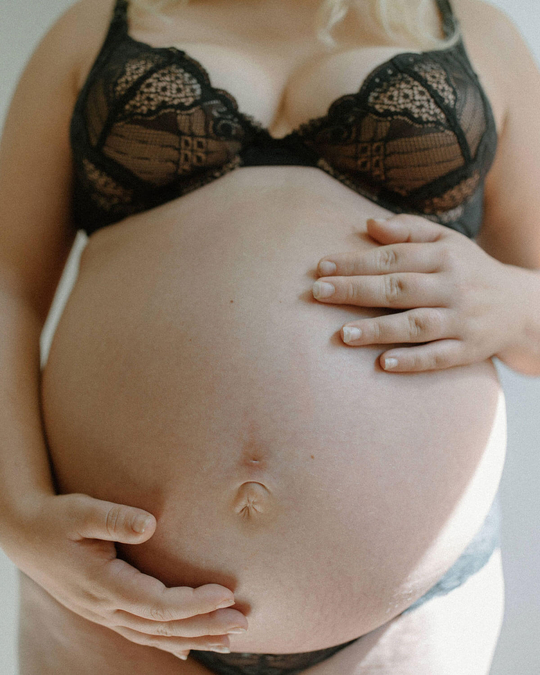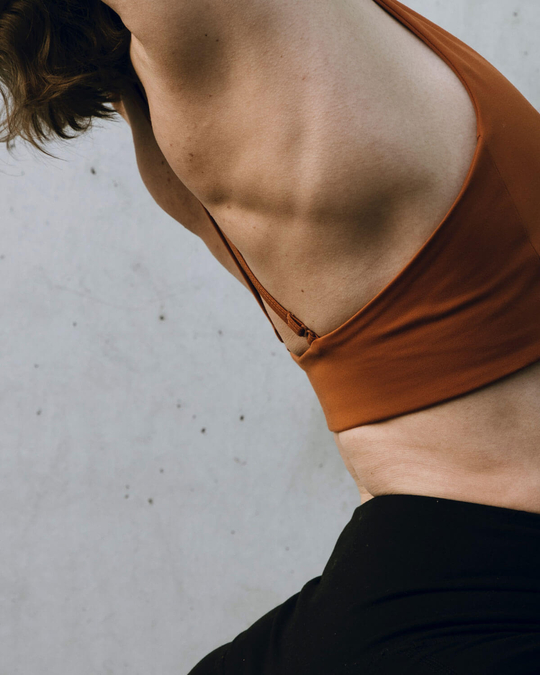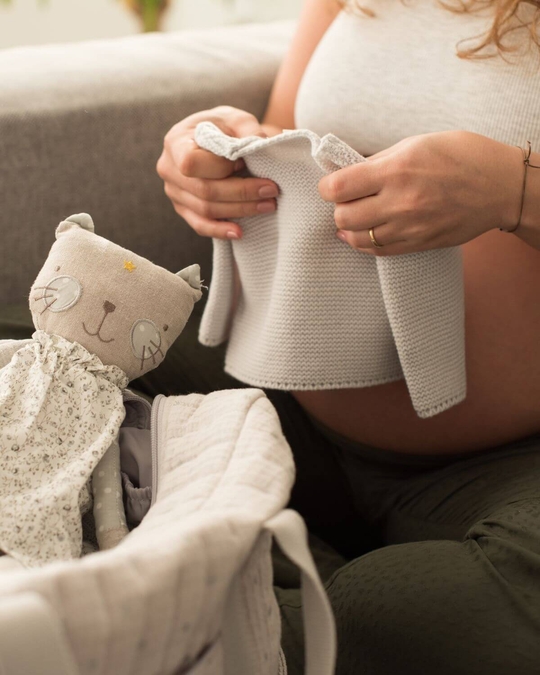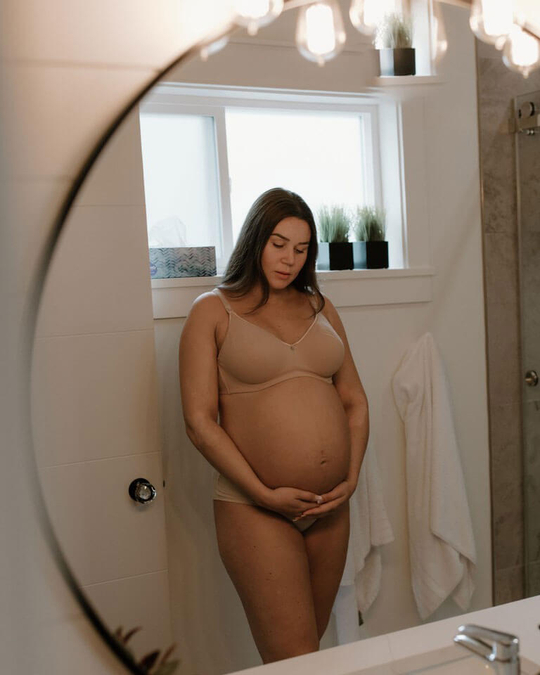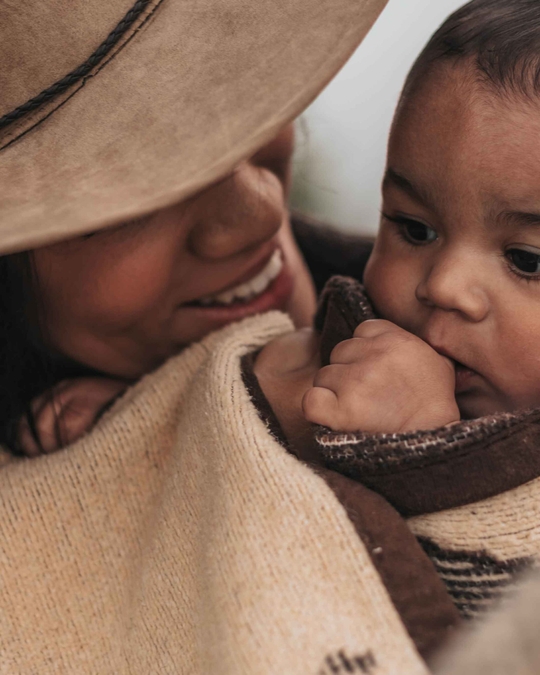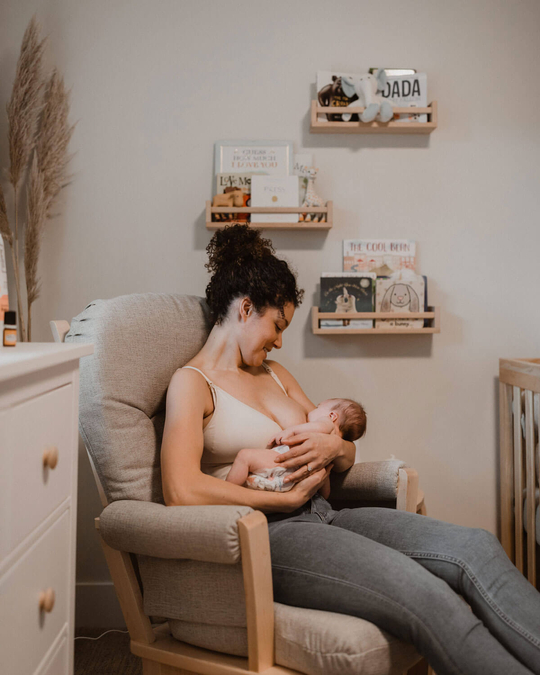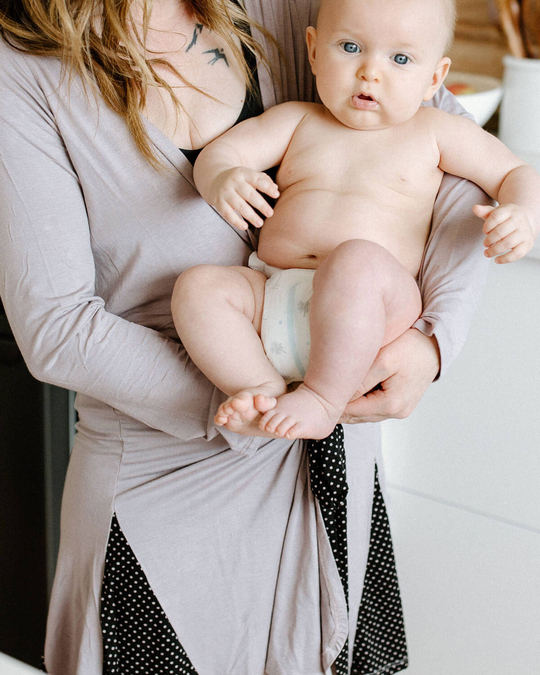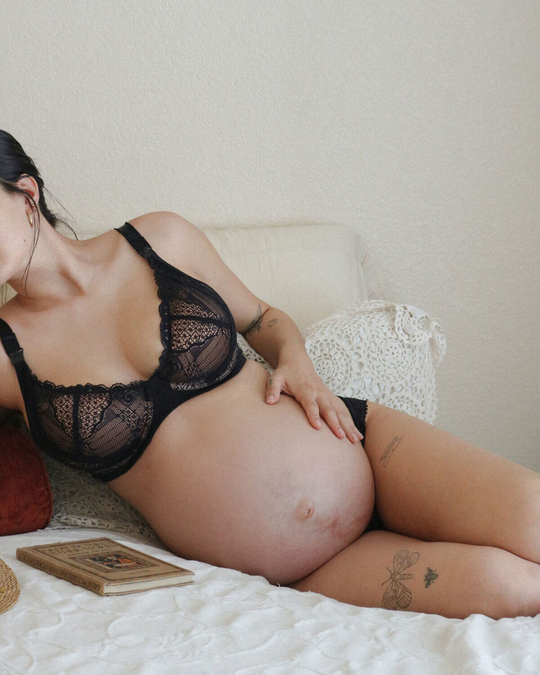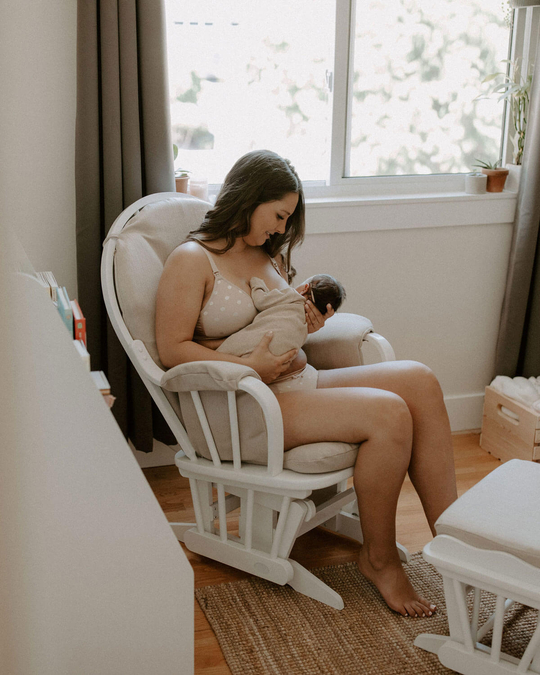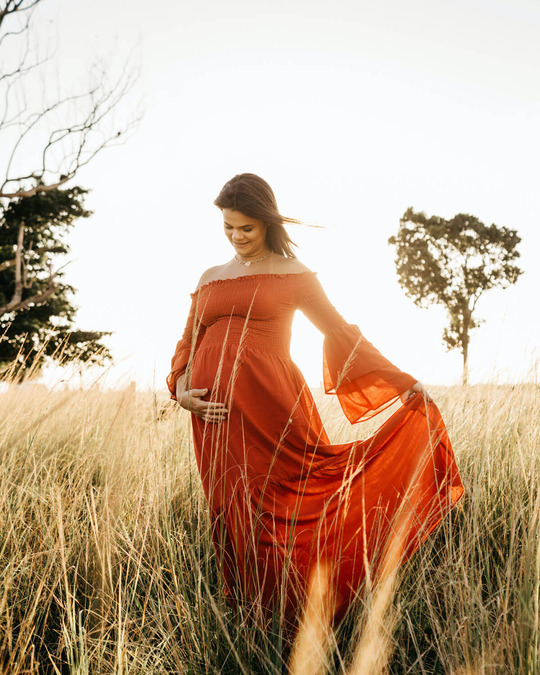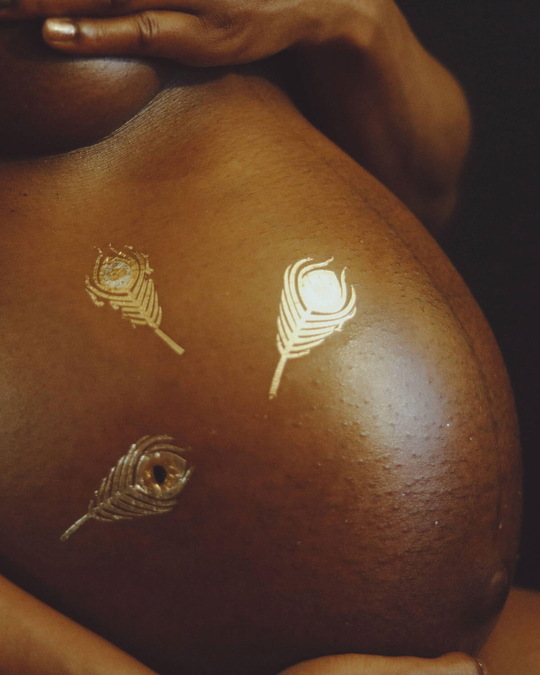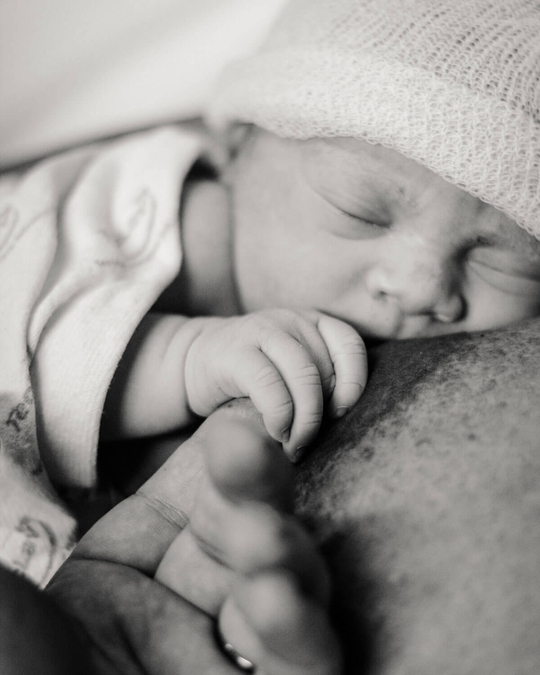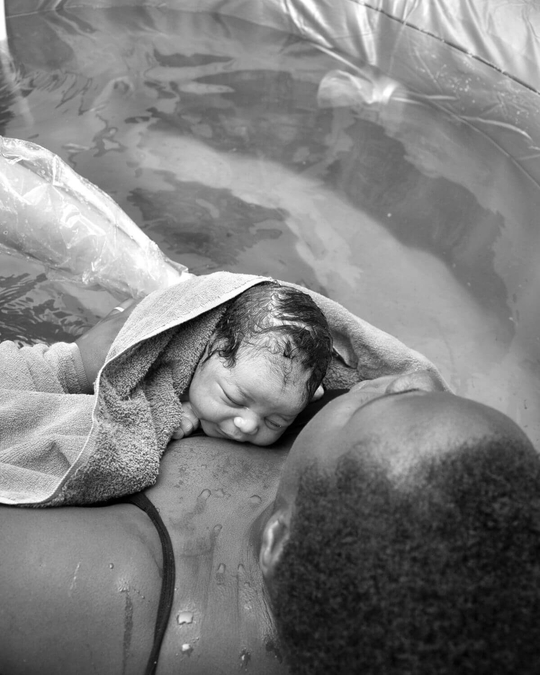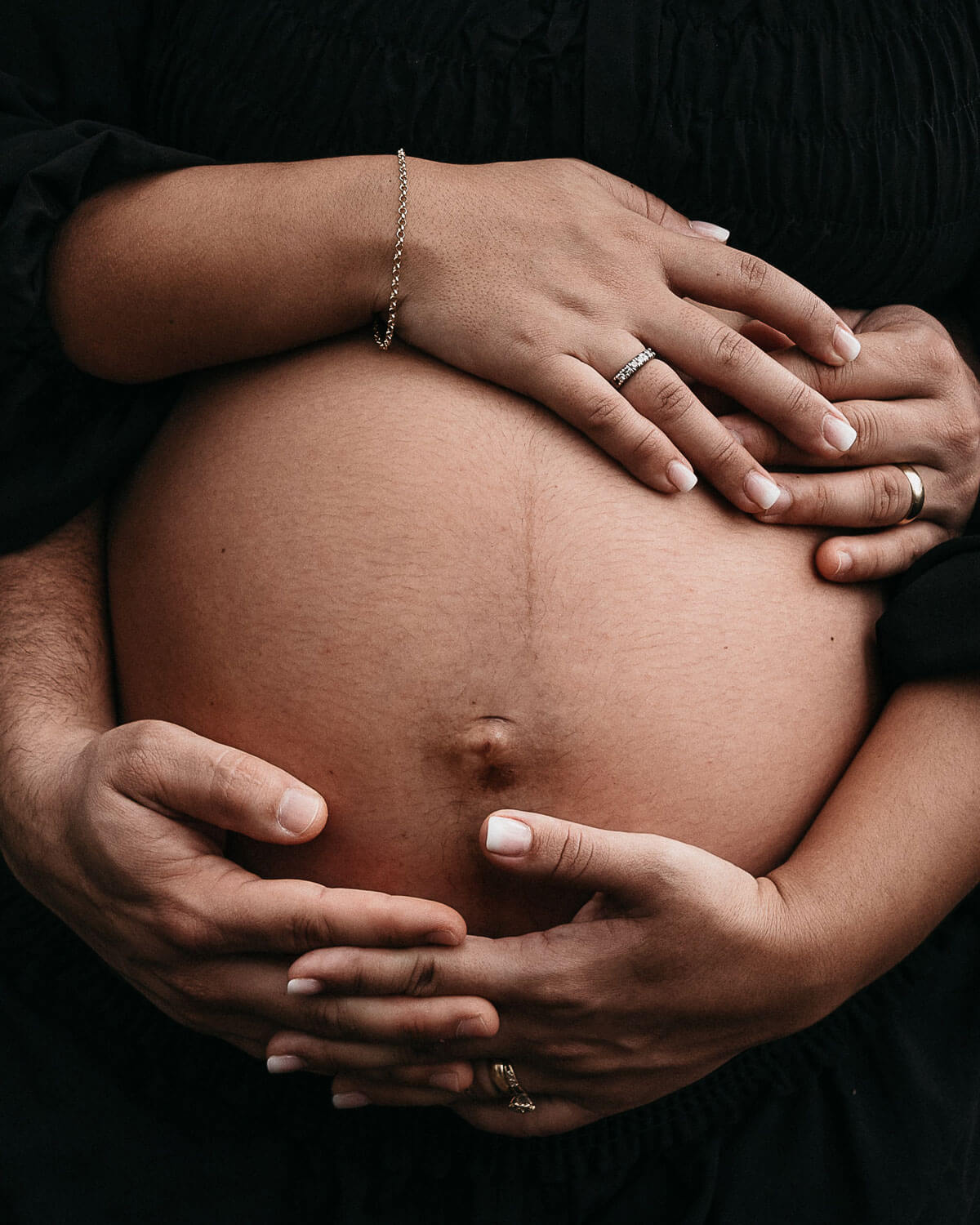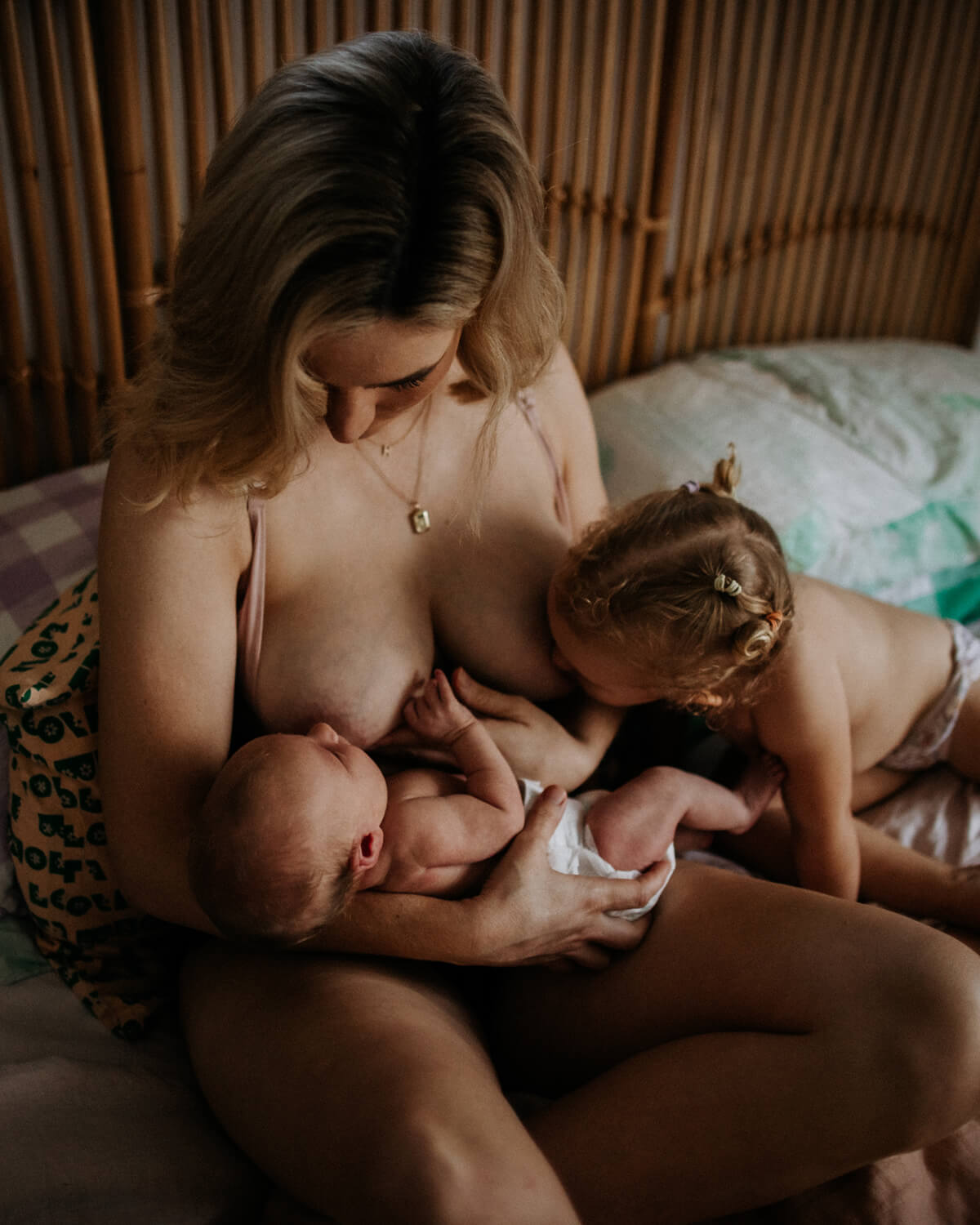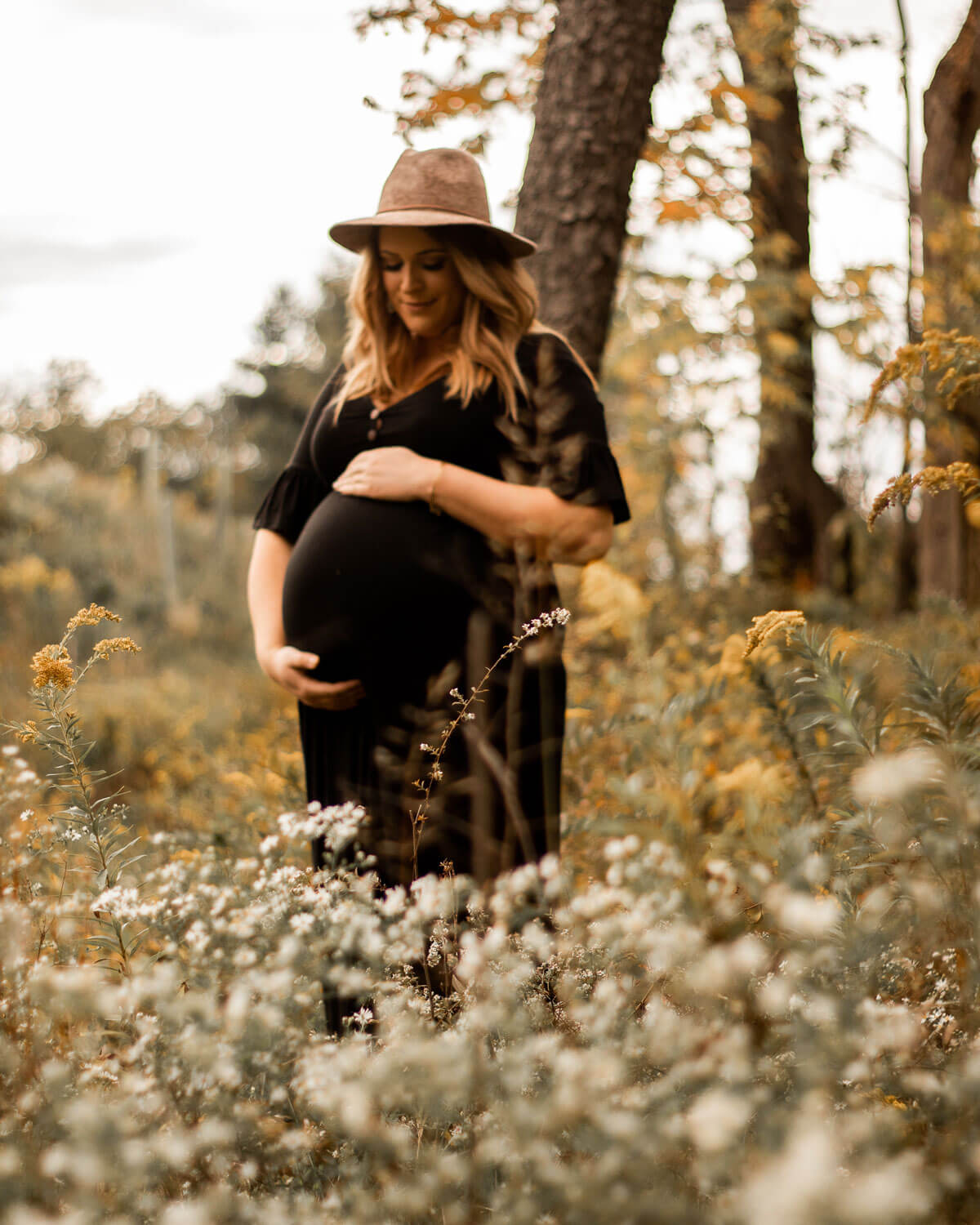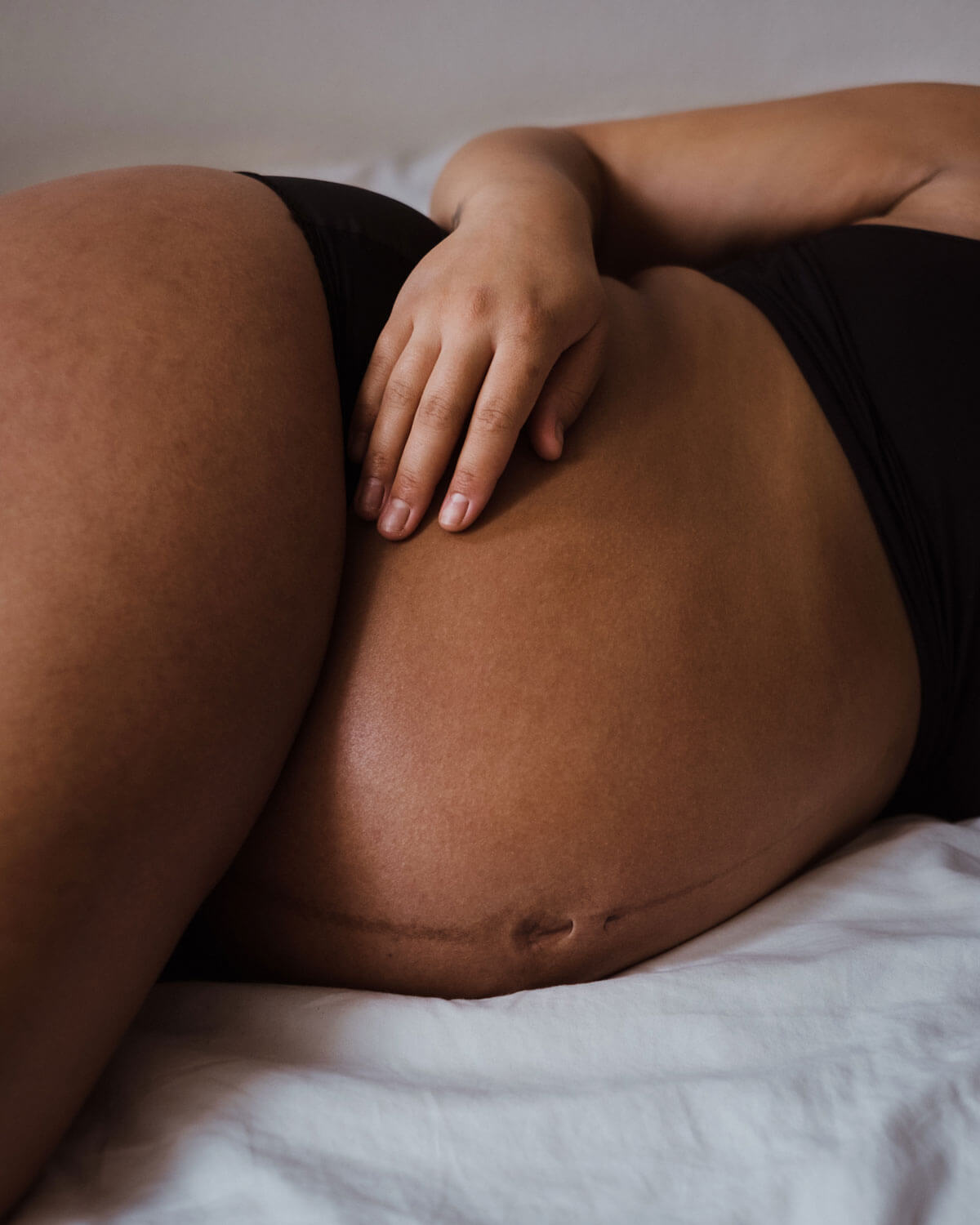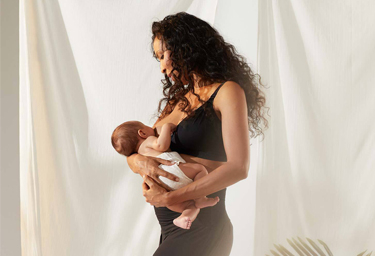Did you know?
The first movements felt are called a “quickening”.
Feeling your baby kick for the first time is an exciting time for both you and your partner. Suddenly the realization that you are growing a little human inside of you becomes very real!
By the end of the first trimester babies are able to stretch, yawn, kick and hiccup. These movements are too small to be felt and are likely to feel more like butterfly flutters. As baby grows he or she will get bigger and stronger and kicks will be experienced often. Some kicks may even be visible as your baby stretches and pushes out.
From 28 weeks a healthy baby will kick approx. 10 times in an hour.
Your baby is aware of his surroundings and will respond directly to external sources through kicking I.e. Music, food, noise and the sound of your voice.
First kicks
Your first kicks can be experienced at approx. 16/18 weeks.
Growing babies can get hiccups too. A rhythmic pattern can be felt at approx. 24 weeks.
Women who have had multiple pregnancies are likely to feel baby’s first kicks much earlier than that of a first time mum. This is due to their abdominal muscles been more relaxed.
The kicks felt are your baby moving, turning, pushing and stretching from inside the womb.
Women who carry less weight and are within a healthy weight range will experience more movements and kicks than that of an overweight person.
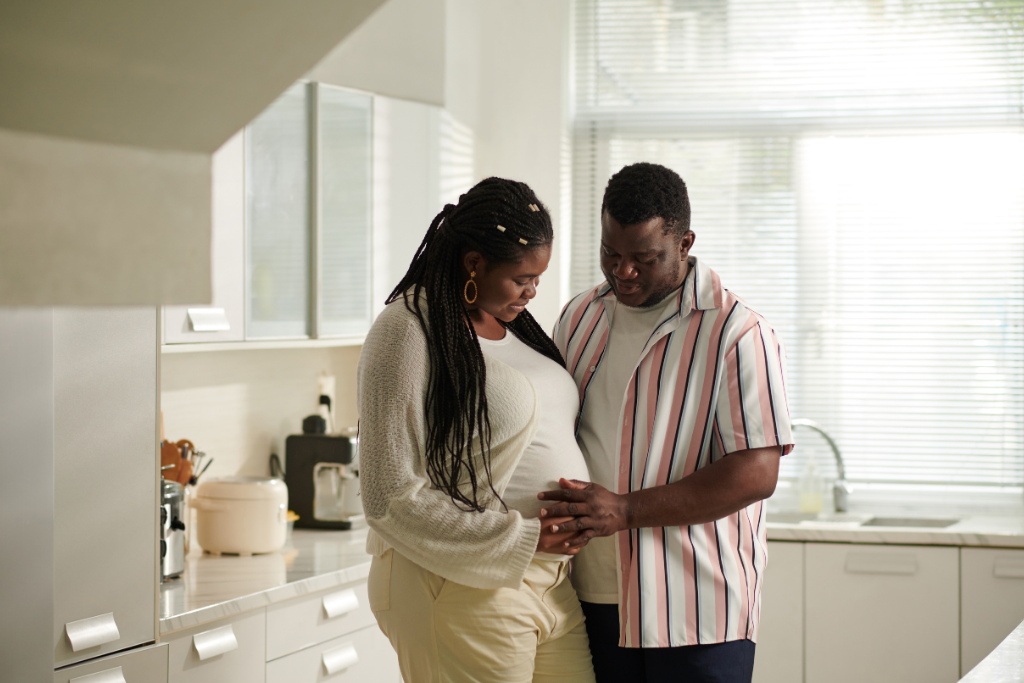
Eating
Your baby will generally be more active after you eat or drink.
The food you eat has direct consequences on the development of your baby. A poor diet will inhibit your baby’s growth, perhaps make baby less active and is likely to result in less kicks.
A well balanced diet will help in all areas of your baby’s development; including brain development. A healthy baby will kick more often as he/ she continues to grow strong.
Drink plenty of water and keep active. These simple daily routines will help to encourage movement (kicks) in your unborn child.
Well-being
Maternal stress can affect the wellbeing of your unborn child. This could result in less movement and less kicks experienced.
Fetal kicks are very important as they help healthcare providers track the development and wellbeing of the unborn child.
Sleeping
You will generally feel less movement when you are moving around. It is times when you sit and rest that the baby will respond with kicks.
Active periods for babies are usually between 9pm and 1am. This is when you are trying to fall asleep.
When you lay on your side your baby’s movement is likely to increase, due to an increase in blood supply.
When a mother chooses to lie on her back she will experience less movement, as the baby is restricted and is conserving oxygen.
Baby’s Health
Fetal distress can result in a noticeable decline in movement. If you baby is usually active and this changes dramatically, it is advisable to get checked by your healthcare provider.
Placental abruption is the restricted flow of blood and oxygen to the fetus. As a result the fetus will reduce his movement dramatically.
Premature rupture of the amniotic sac causes a reduced amount of amniotic fluid in the sac. In turn this will slow down the movements of the fetus due to stress or lack of oxygen.
Fetal hypoxia is when the umbilical cord gets twisted/knotted or tied. This will directly reduce or cut the oxygen supply to the baby, resulting in no movement.
Speak to a health care provider should you notice any changes in the movement of your unborn child. Trust your instinct.

Kicking patterns early on in pregnancy
It is unlikely that you will feel your baby’s very first kicks. You may mistake them for wind.
Your baby’s kicking patterns will change as he or she grows.
The best way to count kicking patterns is to sit down and rest. This way you are more in tune with your baby’s movement.
A reduced amount of kicks does not always mean something is wrong. It is however, always advised to seek medical guidance should you notice a dramatic decline in the number of kicks felt.
Women with a placenta that is facing in a frontal position (anterior placenta) will feel less movement early on in their pregnancy. This is because the placenta acts as a barrier and muffles the movements felt.
Kicking in the later stages of pregnancy
During the later stages the baby is likely to become restricted, as he has almost outgrown the womb. Kicks may become less frequent, uncomfortable even painful at times as the baby struggles to stretch and turn.
A baby’s movement in the womb does not determine if a child is going to be an active toddler.
Don’t compare your experiences to previous pregnancies or to that of your friends. All babies’ are different and will have different kicking patterns.
LIKE WHAT YOU READ?
Join CakeMama Club & get 10% OFF your first order!
Plus you’ll get tips + tricks for pregnancy, postpartum & breastfeeding, get member-only offers, earn CakeCoins every time you shop + more. Learn more









